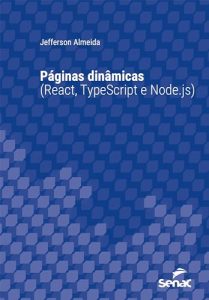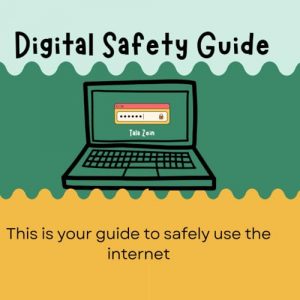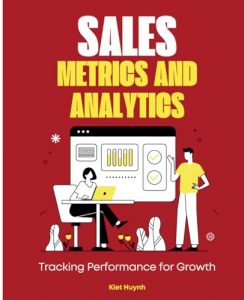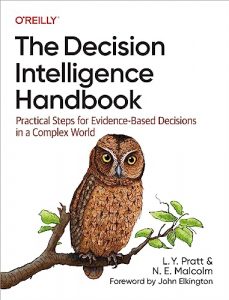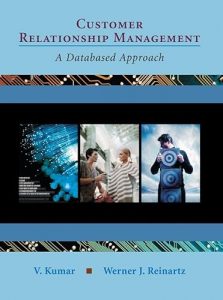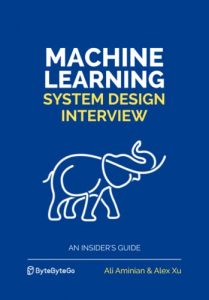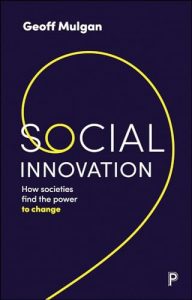1. Antivirus Engines: From Methods to Innovations, Design, and Applications
Authored by Paul A. Gagniuc, this comprehensive book delves deep into the innovative aspects of antivirus technology. From the fundamental methods used in antivirus engines to the latest innovations in design and applications, this text is essential for anyone looking to understand how antivirus solutions evolve in a rapidly changing digital landscape. With real-world applications and theoretical underpinnings, Gagniuc makes complex topics accessible. For those engaged in cybersecurity or exploring a career in this field, this is a must-read to stay ahead of the curve.

2. Antivirus Bypass Techniques: Learn Practical Techniques and Tactics to Combat, Bypass, and Evade Antivirus Software
Written by Nir Yehoshua and Uriel Kosayev, this book tackles the challenging subject of antivirus evasion. The authors provide practical techniques that can help users understand how malware developers think and operate, allowing security professionals to better defend against these tactics. With a focus on actual scenarios and real-world implications, this book not only informs but also equips readers with tools to enhance their cybersecurity measures. This is an invaluable resource for security analysts and network administrators alike.

3. The Antivirus Hacker’s Handbook
Joxean Koret and Elias Bachaalany present a captivating exploration of antivirus software vulnerabilities in their landmark manual, “The Antivirus Hacker’s Handbook.” This book shines a light on the weaknesses inherent in antivirus solutions and serves as a critical resource for security professionals seeking to protect their systems. It combines practical insight with theoretical knowledge, making it a fundamental addition to any cybersecurity bookshelf. Whether you’re a seasoned expert or a newcomer, this book is key to navigating the complexities of antivirus software.

4. Software Security: Building Security In
Gary McGraw’s seminal work, “Software Security: Building Security In,” emphasizes the necessity of embedding security within the software development lifecycle. Through insightful strategies and methodologies, McGraw argues for proactive security measures, enabling organizations to thwart potential threats before they arise. This book is essential for software architects, developers, and project managers who wish to enhance their project’s security posture. Its practical guidance combined with foundational theory makes it an indispensable resource in the discipline of software security.

5. Anti Virus Software A Complete Guide – 2021 Edition
In this comprehensive guide by The Art of Service, readers will discover a holistic view of antivirus software solutions available in 2021. It covers everything from basic definitions to advanced analytics of antivirus software operations. This book is particularly useful for IT managers and cybersecurity professionals looking to compile a toolkit for effective antivirus implementation. It serves as a reference point for best practices, providing current data and trends that elevate your understanding of the antivirus landscape.

6. 24 Deadly Sins of Software Security: Programming Flaws and How to Fix Them
Michael Howard’s “24 Deadly Sins of Software Security” identifies the most damaging software security mistakes developers make. The book combines detailed examples with practical advice on how to avoid these pitfalls, making it a must-read for anyone involved in software development. By understanding common flaws, developers can significantly enhance the security of their applications and systems. This book serves as both a guide and a cautionary tale, emphasizing the importance of security in the coding process.

7. The CPHIMS Review Guide, 4th Edition
This book, co-authored by the Healthcare Information & Management Systems Society and Mara Daiker, is an essential resource for those preparing for the CPHIMS certification. The guide comprehensively covers healthcare information and management systems, ensuring readers possess the knowledge required for success in this field. It’s not just a study tool but also a valuable reference for new technologies and regulations in health information management. Professionals in this sector should not miss this vibrant resource.

8. Anti-virus software Third Edition
Gerardus Blokdyk offers an introspective look at antivirus software in this detailed third edition. The book takes readers through performance metrics, integration challenges, and future trends in antivirus technology. Ideal for those with a vested interest in cybersecurity innovation, this book aids strategic decision-making regarding antivirus solutions in an organizational context. It empowers readers with the knowledge needed to select and manage antivirus solutions effectively.

9. Beginning Linux Antivirus Development: The Story about IoT Security Design with UML
In “Beginning Linux Antivirus Development,” Ian Lee and Jenny Lim explore the fascinating intersection of IoT security and antivirus development through the lens of UML. This accessible guide teaches foundational principles and invites readers to engage with practical examples. Whether you’re a beginner or a seasoned developer, the insights gained will be invaluable in understanding how to build security measures for the ever-expanding IoT sector.

10. Antivirus Software Complete Self-Assessment Guide
Gerardus Blokdyk’s self-assessment guide for antivirus software offers a framework for evaluating your current antivirus solutions. It’s a practical, no-nonsense guide that facilitates reflection and improvement regarding antivirus protocols. Through a series of questions and checklists, readers can critically assess their security posture and make informed decisions. This book is perfect for decision-makers who want to ensure their antivirus strategies align with current cybersecurity demands.







